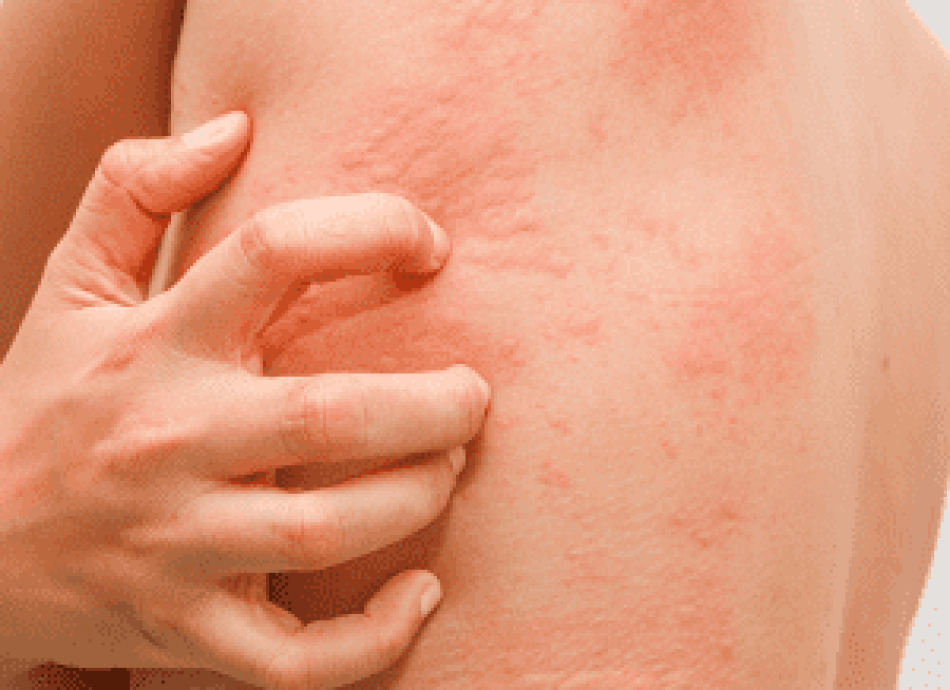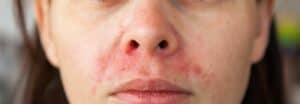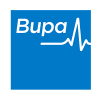Award winning dermatology service, with over 20 years on experience
Short waiting lists, on some occasions offering same week appointments
Safe environment, in Care Quality Commission approved facilities
Dermatological Surgeries Include:
dermatological surgery AT ST. MICHAEL’S CLINIC, SHREWSBURY
Our highly trained specialists offer a number of procedures specifically designed to help our patients with a range of different skin lesions. We operate to the highest standards to give you the best advice and treatments for your particular skin condition. We are regulated by the Care Quality Commision and are part of the Dermatology Partnership, meaning our standard and processes are of the highest standard to ensure your care and quality of treatment.
Our well equipped theater provides the ideal setting for skin surgery procedures including mole and cyst removal as well as the surgical treatment of skin cancer. We are also able to perform more minor procedures from our clinical procedure rooms which offer a more relaxed environment for the smaller interventions.
The particular surgical technique that your doctor uses to remove your skin lesion will depend on its size and where it is on your body. Options include cryotherapy, a surgical blade or light/laser therapy.
MOHS SURGERY
Mohs surgery, also referred to as Mohs micrographic surgery (MMS), is a special skin cancer removal technique. Mohs micrographic surgery is considered the most effective technique for treating the two most common types of cancers, basal cell carcinomas (BCCs) and squamous cell carcinomas (SCCs) with BCC’s being the most common skin cancers treated by this technique.
CRYOTHERAPY
Cryotherapy is treatment which involves liquid nitrogen. Liquid nitrogen is very cold and it will freeze living tissue that it comes into contact with. It is commonly used to treat warts, verrucas, skin tags and any fleshy growths on the body. This cold treatment which usually lasts about 10-30 seconds causes the treated area to fall off. For a larger or thicker lesion, two or more sessions may be needed to get to the root of the skin condition.
SURGICAL BLADE
Small skin lesions, including small skin cancers can be removed using a blade through excision or curettage. This procedure works by using a small blade to either cut or scrape away the lesion from the body, leaving healthy tissue around the lesion intact.
LIGHT AND LASER THERAPY
Lights and lasers can be used to successfully treat many skin conditions ranging from skin cancer to acne. Photodynamic therapy and UVB treatment both use artificial light sources to treat skin lesions and lasers can be used to treat skin cancers, pigmentations, acne scarring, rosacea and leg thread veins.
SAFE AND EFFECTIVE SKIN CANCER TREATMENT
Here at St. Michael’s Clinic we offer a range of treatments for skin cancer depending on the type and the location of the lesion.
We use photodynamic therapy (PDT) to remove certain types of superficial precancerous lesions which affect the skin, including basal cell carcinomas, Bowen’s disease, and actinic keratoses. This modern treatment is safe and highly effective in removing precancerous lumps and patches, without causing any damage to the surrounding healthy cells. PDT manipulates the chemical interaction between light and a light-activated drug, leading to a series of chemical reactions that kill off any diseased cells, leaving healthy cells intact, and reducing the potential for scarring.
Small skin cancers can be removed by excision surgery. This surgery involves cutting out the cancerous cells as well as an area of healthy skin around it. This area of healthy skin is checked to ensure all the cancerous tissue has been removed. The surgery is likely to be carried out using local anesthetic and a skin graft may be needed depending on the amount of skin removed. Curettage and electrocautery can also be used as treatment for small skin cancers. This involves using a small blade to scrape the cancer from the body and then using heat or electrocautery to remove any remaining cancer cells and to stop any bleeding.
Cyrotheraphy, also called cyrosurgery is a skin cancer treatment which uses liquid nitrogen to freeze and destroy cancerous cells. This treatment works when the cancer is small and only affects the upper layers of the skin. The liquid nitrogen is sprayed onto the cancerous cells and a scab is formed, about two weeks later the scab will fall off along with the cancerous cells. You may need a couple of treatments to fully remove the cancerous cells.
During your consultation, your condition will be assessed and the most suitable treatment discussed with you.
REQUEST A CALL BACK
Please fill in this form and one of our team will give you a call back to arrange a consultation with one of our expert dermatologists.

HEAR FROM OUR PATIENTS
WHY TREAT YOUR VARICOSE VEINS AT ST. MICHAEL'S CLINIC?
Here at St. Michael’s Clinic, Shrewsbury’s leading private skin and laser treatment clinic, our experts are specialists in all aspects of dermatology, skin cancer, anti-ageing and beauty treatments. We are able to offer NHS patients consultant-led dermatology services in Shrewsbury.
St. Michael’s Clinic is regulated by the Care Quality Commission, ensuring the best level of treatment is provided to you in a safe environment. We are part of the Dermatology Partnership, a leading group of dermatology clinics, defined by clinical excellence and focusing on leading dermatological care.
INSIGHTS AND ADVICE

Your Guide to Autumn Skincare
With the weather gradually cooling and leaves taking on their autumnal palette, it’s also a gentle reminder that winter is on its way. Maintaining a vibrant and healthy skin during the transition from summer to cooler days can be challenging. Fear not – this comprehensive

The Definitive Guide to Eczema
Eczema Awareness Month in October is a global initiative spotlighting those who suffer from this demanding skin ailment. Our perpetual aim is to arm you with a well-rounded understanding of eczema‘s core causes, differing treatments and beneficial coping mechanisms. This all-inclusive guide offers penetrating insights

Exploring Varicose Veins: Recognising, Managing and Preventing
Varicose Disease Awareness Month is focused on raising awareness about varicose veins, a common but frequently overlooked condition affecting millions globally. Throughout September, our goal is to emphasise the importance of early detection, explore the causes, treatment options and highlight lifestyle changes that can help




